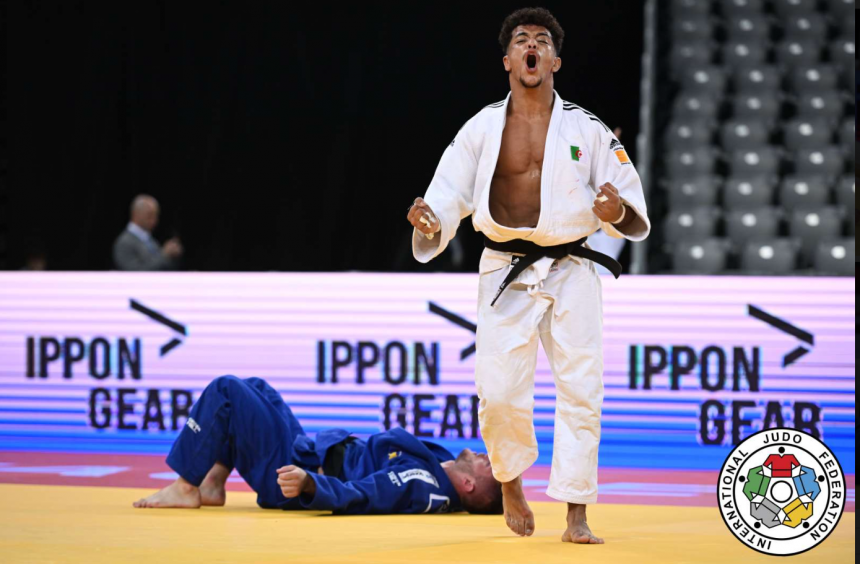
Algerian Judoka Messaoud Dris has announced that he would rather withdraw from the Paris 2024 Olympics than compete against Israeli judoka Tohar Butbul. Dris, selected to face Butbul in his first match, cited Algeria’s non-recognition of Israel as the reason for his decision.
The move could lead to potential bans from future competitions by the International Olympic Committee and the World Judo Federation, as reported by French news outlet Ouest France. Dris, a prominent African judo athlete, has chosen to make a political statement against Israel, knowing the consequences.
This stance mirrors past incidents involving Algerian athletes boycotting Israeli opponents, showing a pattern of political and religious beliefs influencing sports competitions. The debate raises questions about the values in sports and whether personal beliefs should dictate participation and competition.

Iranian speedskater threatened by government for not wearing approved head covering
As the debate continues, the intersection of personal beliefs and sportsmanship raises important questions about ethics and morality in competitions. Should athletes be allowed to impose their values on international events like the Olympics, which are meant to transcend borders and conflicts?
Looking at past incidents like the Iranian speedskater’s case and the Algerian judoka’s boycott, the conversation around individual choices versus collective values in sports is ongoing. It begs the question: Do athletes represent their countries, or do countries reflect the individuals they send to compete?
Comments






